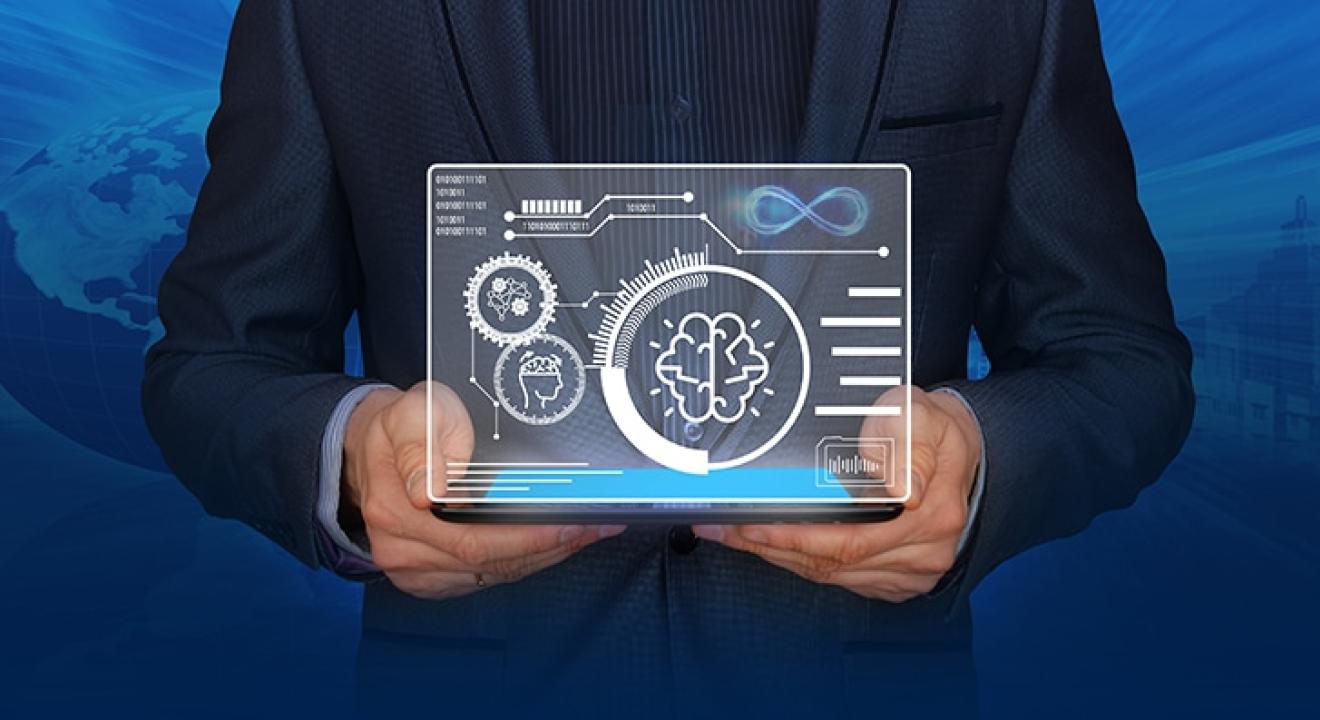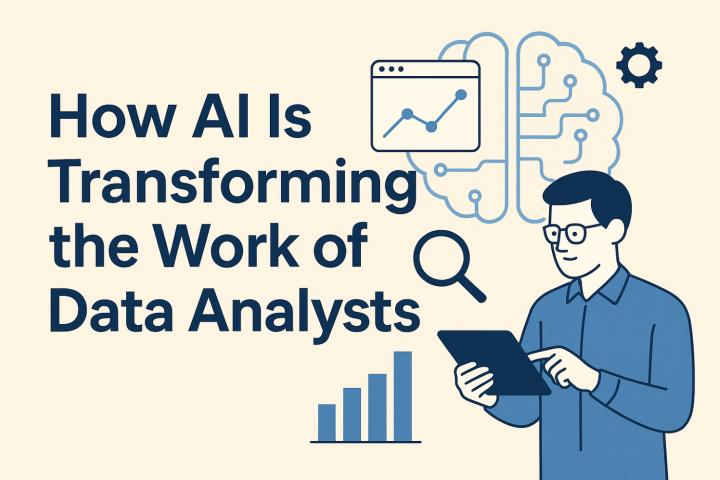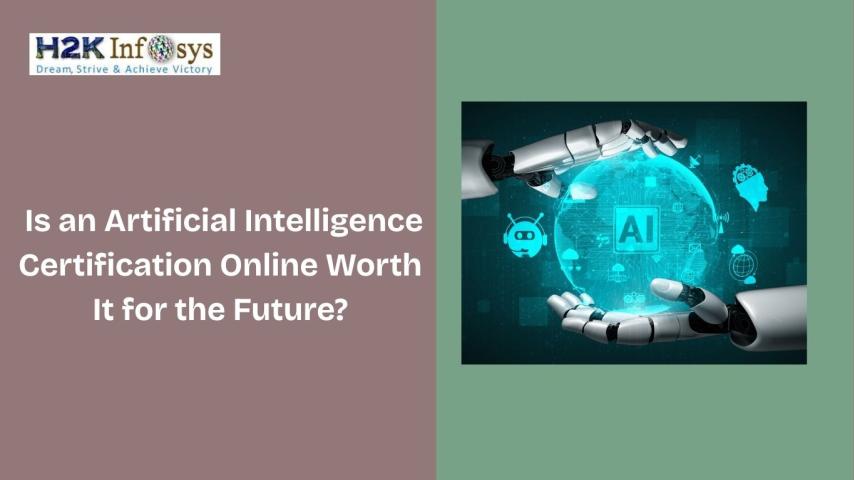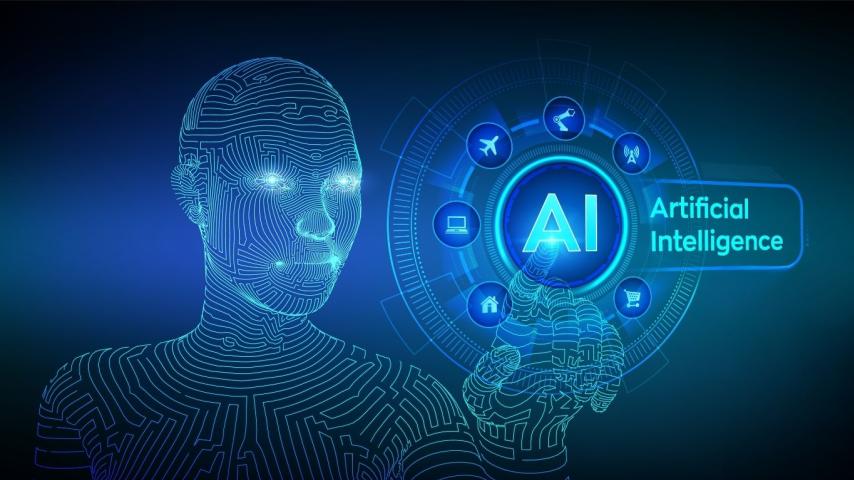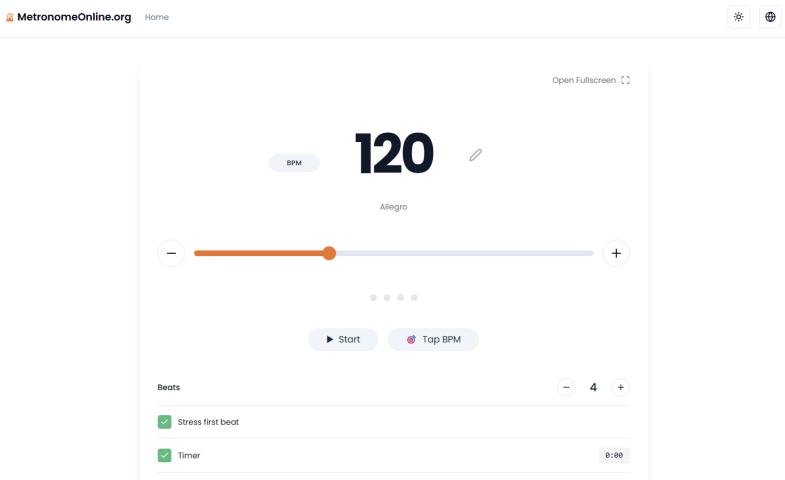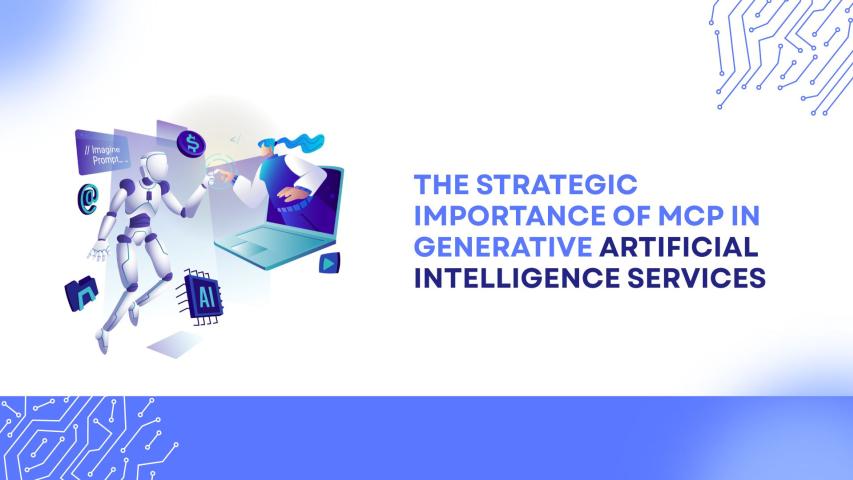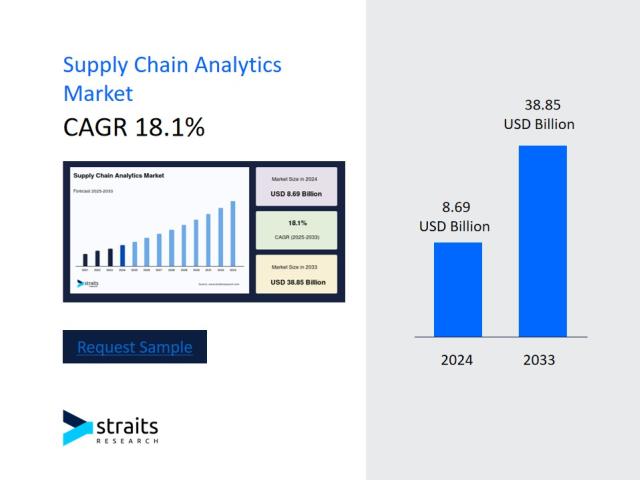The integration of multi-agent AI frameworks in DevOps processes is redefining the way software development and deployment are handled. These systems consist of multiple AI models, each specialized in a particular task within the DevOps lifecycle, such as code review, automated testing, deployment management, security monitoring, and incident detection. This collaborative approach enables DevOps teams to optimize the entire development pipeline, ensuring faster, more reliable software releases.
AI agents, such as code analysis bots, reduce manual effort by identifying syntax errors and refactoring code, while automated testing agents generate adaptive test cases to detect issues before software reaches production. Deployment agents predict potential risks and manage rollbacks, optimizing strategies like blue-green and canary deployments. Security agents continuously monitor for vulnerabilities and ensure compliance with industry regulations. Furthermore, observability agents enhance system performance by detecting anomalies and adjusting resources accordingly.
The benefits of using multi-agent AI are clear: faster development cycles, fewer errors, improved reliability, and reduced costs. Enterprises like Google and Netflix are already reaping the rewards of AI-driven DevOps, with deployments happening multiple times a day. However, businesses must address certain challenges, including the need for human oversight, the explainability of AI models, and managing security risks associated with AI systems. It's also crucial to ensure smooth integration with existing legacy systems and maintain data privacy and compliance standards.
Implementing a successful multi-agent AI framework requires clearly defined roles for each agent, seamless communication between them, and continuous model training to adapt to changing environments. Maintaining human oversight ensures transparency and accountability, while prioritizing security and ethical AI usage safeguards against potential risks.
In conclusion, multi-agent AI is set to revolutionize the future of DevOps, making it more efficient, secure, and resilient. As businesses adopt AI-driven automation, they will experience faster innovation, better system stability, and a significant reduction in downtime.
Discover more about how multi-agent AI can transform your DevOps processes by reading the full blog.
